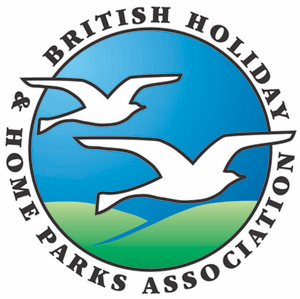Bees respond to ivy therapy at Lancashire Holiday Park

The humming of contented honey bees at a Lancashire holiday park could soon be sounding a reprieve for plants often seen as a garden nuisance.
Moss Wood caravan park near Lancaster has found this autumn that ivy plants in its grounds are acting as a magnet for the endangered insects.
Now the park’s owner, Henry Wild, is alerting holiday guests to the phenomenon – and urging them to lay down their secateurs if ivy is discovered in their own back yards.
The cause of Moss Wood’s bee bonanza has been traced back to a colourful 3000 square feet wilderness of wild flowers planted by the park earlier this year.
Specially chosen for their high pollen-bearing blooms, they have been providing a source for the much-needed nectar upon which honey bees depend.
But as the flowers die back in autumn, says Henry, all the extra bees which the park has attracted have needed to find another source of pollen to build up their food reserves for winter.

And thanks to the ivy-clad stone walling at the park, they didn’t have to look far:
“Our research found that the nectar produced by ivy is of very high quality – but the problem is that people don’t see it as a flowering plant because the blooms are so tiny,” said Henry.
“Ivy only flowers for a couple of months in autumn – but during that time, it’s an essential life-line for bees, butterflies and other pollinators to help them make it through the colder months.
“However, many people try to rid their gardens of ivy as they regard it as a pest, swamping other plants, getting into gutters and drains, and damaging brick work.
“Our wildflower meadow drew many bees over summer – and in autumn, the insects prefer not to travel too far for foraging, so our ivy produced a real boon.
“As many of our guests are nature lovers, we’re using our experience to suggest that they go easy on cutting back the ivy, and to make their gardens even more bee friendly,” said Henry.
Family-run Moss Wood, established by the Wild family over 40 years ago, provides around 200 pitches for holiday homes, touring caravans and motorhomes.
Its many initiatives to protect the natural environment led to its being presented once again this year with the prestigious David Bellamy Conservation Award at its top gold level.
Moss Wood also helps threatened solitary bees by providing them with “glamping pods” which take the form of hardwood logs bored with hundreds of tiny tunnels.
There is more information about Moss Wood Caravan Park at www.mosswood.co.uk


